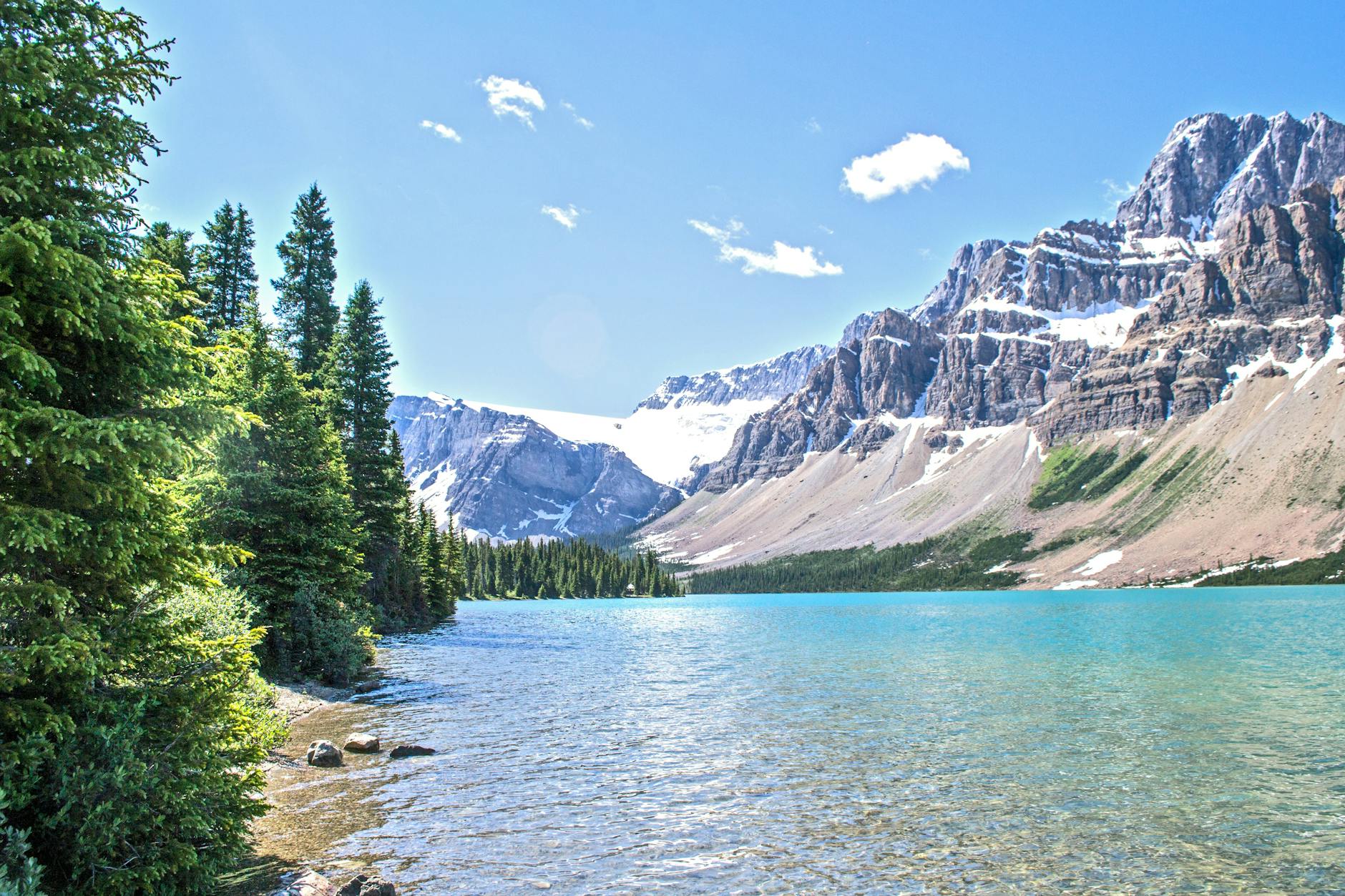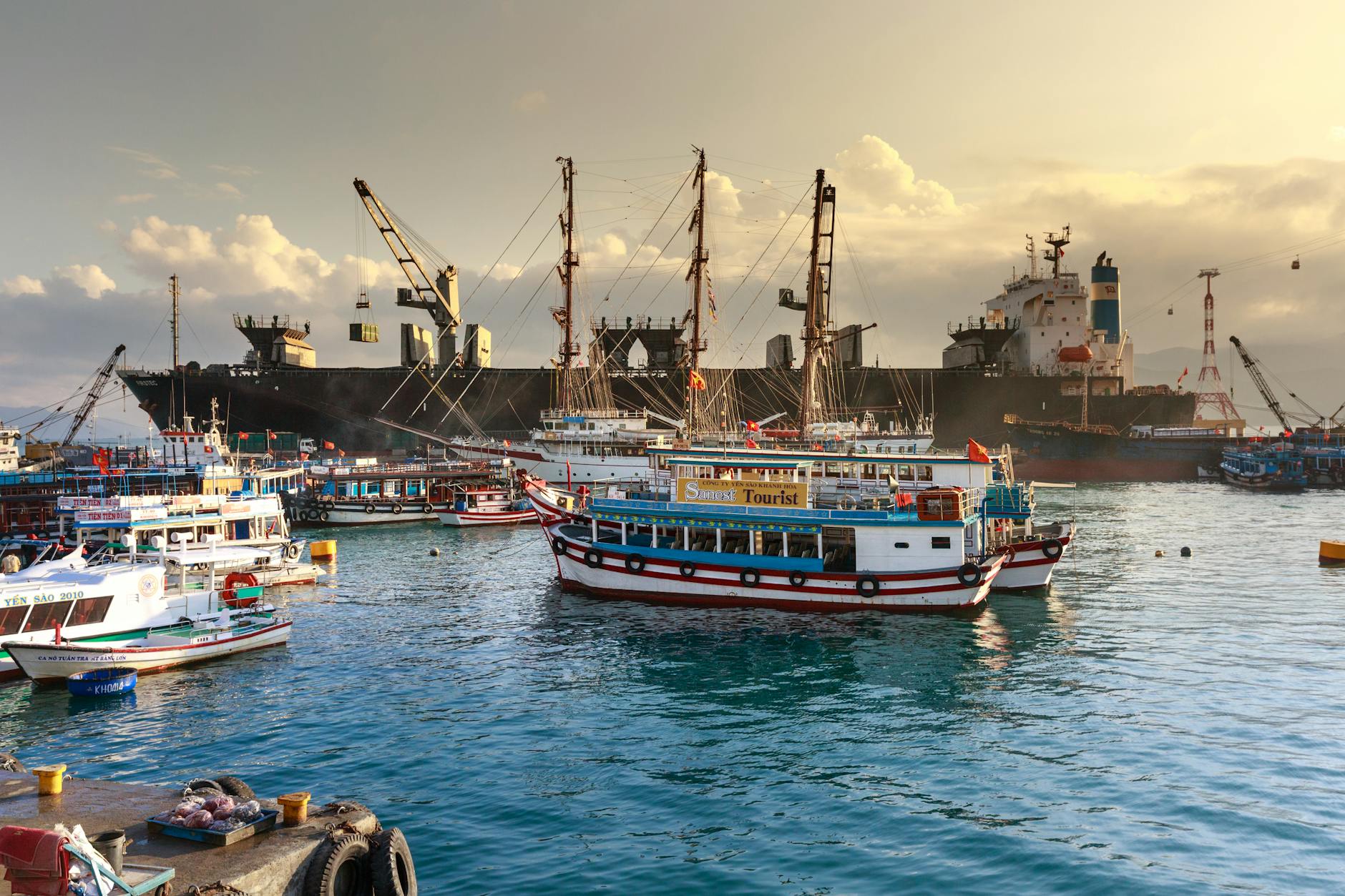How to Embrace Eco-Friendly Adventures in Australia

Travel Preparation
Choosing Eco-Friendly Destinations
When it comes to selecting eco-friendly travel spots, it's about more than just the picturesque landscapes; it's ensuring these landscapes remain pristine for future generations. As someone deeply committed to sustainable tourism, I find destinations like Namibia intriguing, not only because of its striking landscapes but also due to its eco-conscious initiatives Namibia safari. Aiming for places with known conservation efforts can significantly bolster the local ecosystem while providing a rewarding travel experience.
Packing Sustainably
Packing shouldn’t just fulfill your travel needs; it should also reflect your sustainability values. Opting for reusable travel kits and biodegradable products helps in cutting down on waste. I encourage using multi-purpose attire that fits the climate and activities planned, reducing the need for excess baggage. These small yet significant decisions collectively lessen our carbon footprint, making our travels more responsible.
Planning Transport Options
Transport plays a critical role in sustainable travel. Whenever possible, choose public transit or eco-friendly modes of transport like bicycles. If a drive is necessary, carpooling with locals or other travelers is a great way to reduce emissions. As we ponder these transport choices, we realise that they contribute significantly to minimizing our overall travel footprint, echoing our commitment to sustainable travel.
As a nod to my Perth roots, I've always appreciated the tranquil beauty of Kings Park and Botanic Garden. Such spaces remind us of the delicate balance between human activity and natural preservation.
Sustainable Activities
Wildlife-Friendly Tours
As we consider all of the incredible ways to immerse ourselves in nature during travel, one option for eco-conscious travellers is Tanzania tours. By participating in such wildlife-friendly tours, you can observe animals in their natural habitats under the guidance of knowledgeable local experts committed to conservation. It's essential to choose tours that abide by ethical standards, ensuring minimal disruption to the ecosystems. Such tours often contribute a portion of their proceeds back to local conservation efforts, aiding in the preservation of wildlife and habitats.
Low-Impact Hiking Trails
Eco-conscious business professionals like Ella are likely familiar with the importance of treading lightly on our natural world. Opting for established low-impact hiking trails can significantly reduce your environmental footprint, preserving delicate plants and minimizing soil erosion. These trails are thoughtfully designed to and maintain the integrity of the surrounding ecosystems while offering breathtaking views and an opportunity to connect with nature deeply.
Educational Eco-Workshops
Incorporating educational eco-workshops into your travel itinerary can greatly benefit your understanding of local conservation efforts. Such workshops offer hands-on learning experiences, such as sustainable farming practices or restoration projects that emphasize practical techniques and long-term ecological benefits. Not only do these workshops deepen personal knowledge, but they also empower participants to implement eco-friendly practices in their everyday lives back home. When visiting places like Cottesloe Beach near Perth, engage in programs that focus on preserving marine biodiversity and fostering community involvement for meaningful environmental impact.
Supporting Local Communities
Ethical Accommodations
In my travels as a sustainable tourism expert, I always prioritise staying in ethical accommodations that actively support local communities and conserve the environment. Choosing such places ensures that your visit contributes positively to the region. Look for accommodations that implement energy-efficient practices and engage in local sustainability projects. Many ethical lodgings also donate a portion of their revenue to conservation efforts, aligning with the eco-friendly travel strategies we're keen to promote.
Buying Local Products
Purchasing local products not only supports regional economies but also reduces the carbon footprint associated with importing goods. On your visits, I recommend seeking out markets or shops offering handmade crafts and locally sourced foods. Doing so provides a unique insight into the region's culture and tradition while ensuring your money stays within the community. When I visited Perth, the vibrant markets near Cottesloe Beach offered a stunning array of local goods, beautifully highlighting the craftsmanship of the region's artisans.
Participating in Conservation Projects
Volunteering in conservation projects can be a deeply rewarding experience that fosters tangible environmental benefits. Projects may include habitat restoration, wildlife monitoring, or educational programs, crucial efforts that drive positive change. In my work, participating in these projects not only supports the environment but also empowers me to influence sustainable tourism practices. When planning eco-conscious experiences, consider opportunities like a Galapagos cruise where conservation education is integral, offering both adventure and deep ecological insight.
Minimizing Environmental Footprint
Waste Reduction Techniques
Reducing waste is paramount while travelling, for both preserving the stunning landscapes we visit and aligning with sustainable tourism principles. I always carry a reusable water bottle and tote bags, which significantly decreases single-use plastic consumption. When you're on Kenya tours, for example, avoid purchasing plastic-wrapped souvenirs. Instead, look for locally crafted items that shout authenticity minus the environmental cost. Opt for hotels and lodges that prioritise recycling and composting to support eco-friendly waste management.
Responsible Dining Choices
Dining options can also have a significant impact on your journey's sustainability. I recommend choosing eateries that prioritise sourcing organic and locally produced ingredients, which reduces carbon emissions linked to transportation. Whether you're in a bustling city or a remote area, seek out places committed to sustainable practices. Inquiring about the restaurant's food sourcing methods not only informs your dining decisions but also encourages businesses to maintain eco-friendly practices. Additionally, aim to sample the local vegetarian dishes, which generally have a much smaller environmental footprint than meat-based meals.
Eco-Conscious Photography
In our digital age, taking photographs is often an integral part of travel. It's critical to ensure that our pursuit of the perfect shot doesn't harm the fragile ecosystems we're exploring. Always stick to designated paths, particularly in nature reserves, to avoid damaging flora and fauna. Being mindful of wildlife ensures they remain undisturbed. Use the natural light available, which not only enhances your images but also minimizes energy consumption from additional lighting equipment.
Best Practices
Engage in Advocacy and Awareness
As eco-conscious business professionals, it's crucial to support advocacy and raise awareness for sustainable travel practices. Participating in events that champion sustainable tourism, such as green travel seminars at places like Kings Park and Botanic Garden, can amplify your influence. Here, you can learn how to advocate effectively and inspire your colleagues to embrace eco-friendly practices. By using your platform to highlight carbon offsetting flights or sustainable alternatives, you can drive meaningful conversations that lead to change.
Build Bonds with Locals
Creating connections with local communities is a cornerstone of sustainable travel. Consider investing time in understanding their customs and traditions in places like the vibrant stalls of Fremantle Markets or while enjoying a leisurely afternoon on Cottesloe Beach. Engage with locals to gain insights into their daily lives and the challenges they face regarding sustainability. This approach not only fosters mutual respect but also enhances your travel experience by providing authentic perspectives and opportunities to support local economies.
Leverage Social Media for Conservation
In our digital age, social media serves as a powerful tool for promoting conservation efforts. By sharing your environmentally responsible adventures at locations such as Perth Zoo, you can inspire others to follow suit. Use platforms to spotlight eco-conscious practices and highlight the importance of sustainable tourism. Share your experiences with initiatives like marine conservation in Perth, encouraging peers to travel responsibly and embrace eco-friendly practices. Such proactive engagement can inspire a broader audience to prioritize sustainable choices, significantly impacting global conservation efforts.


